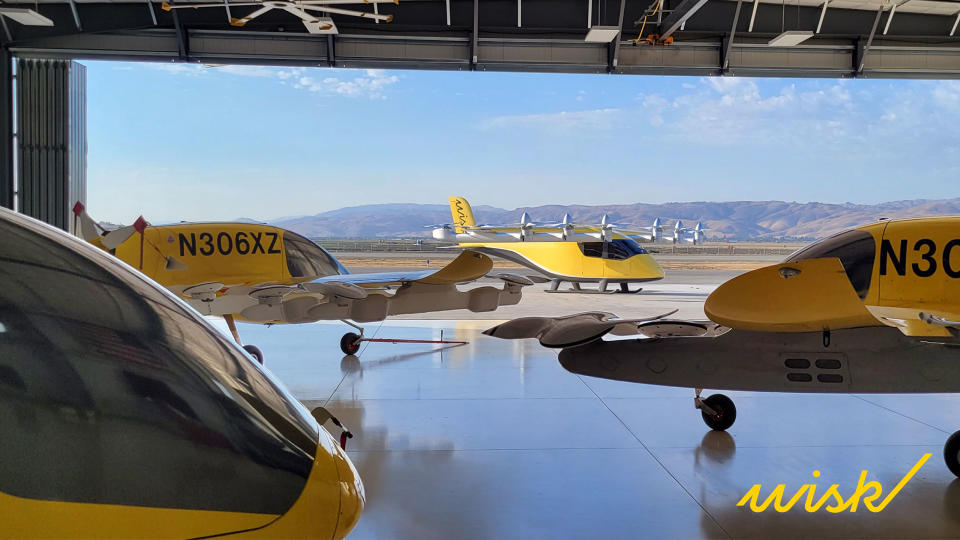Boeing's Wisk Aero buys Verocel to boost software safety for its self-flying eVTOL

Wisk Aero, a subsidiary of Boeing, has acquired Verocel, a software verification and validation company that's been serving the aerospace industry for 25 years.
Wisk has an autonomous-first approach to electric vertical takeoff and landing (eVTOL) aircraft. The company’s Generation 6 aircraft, slated to begin airborne tests this year, is designed to be supervised by humans, but not physically flown by them.
That means, perhaps more than other companies building eVTOL vehicles, Wisk needs to ensure its software is up to snuff.
“We have a tremendous amount of high-integrity software all over the airplane and on the ground that needs to be verified,” Brian Yutko, CEO of Wisk Aero, told TechCrunch. It's important to ensure high-integrity software runs as it's supposed to, because any failure can cause serious damage, with possible life-threatening consequences. “It needs to be validated, and it’s just a big scope of work. So the Verocel team is going to contribute expertise to make sure that all of the software that we’re building for the airplane meets the standards that we expect them to meet.”
Wisk will absorb the Verocel team, numbering about 60 people, who bring deep expertise in DO-178C, a standard that provides guidelines for developing safety-critical software for airborne systems.
DO-178C certification is one element of the Federal Aviation Administration’s type certification process, which certifies that an aircraft has met all design and safety standards. Wisk said Verocel’s expertise can not only help the company certify its Gen 6 aircraft, it will also help with future software development at Boeing.
To make the certification process easier, Verocel offers a toolset called VeroTrace that helps track and manage the life cycle of software development and verification efforts all the way through to regulatory approval.
Neither Wisk nor Verocel shared the financial terms of the deal.
The deal is reminiscent of competitor Joby Aviation’s 2022 acquisition of Avionyx, an aerospace software engineering firm. In both their acquisitions, Wisk and Joby valued becoming more vertically integrated while also bringing on the necessary expertise to test and validate their software to accelerate the path toward federal certification.
Verifying and validating all of Wisk’s software is one piece of building and operating an autonomous airplane safety, Yutko said, noting that Wisk aims to commercialize its self-flying eVTOLs by 2030.
The company is already working to set up the infrastructure to operate air taxis. In February, Wisk partnered with Sugar Land, a city close to Houston, to identify and assess a location at the city’s regional airport for the development of vertiport infrastructure for future air taxi operations. Earlier this month, Wisk established a memorandum of understanding with Houston airports to consider locations for vertiport infrastructure that could help serve the greater Houston area.

 Yahoo Finance
Yahoo Finance 